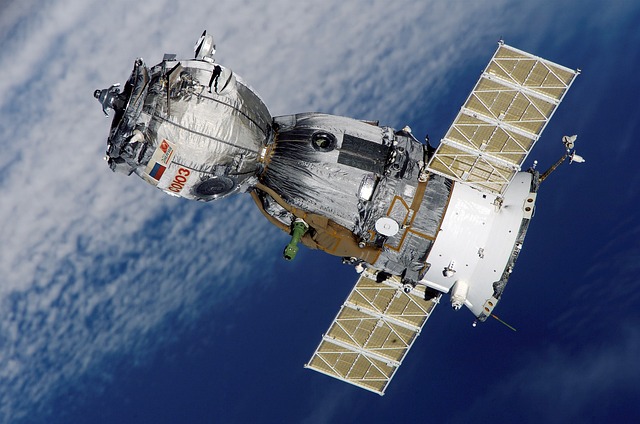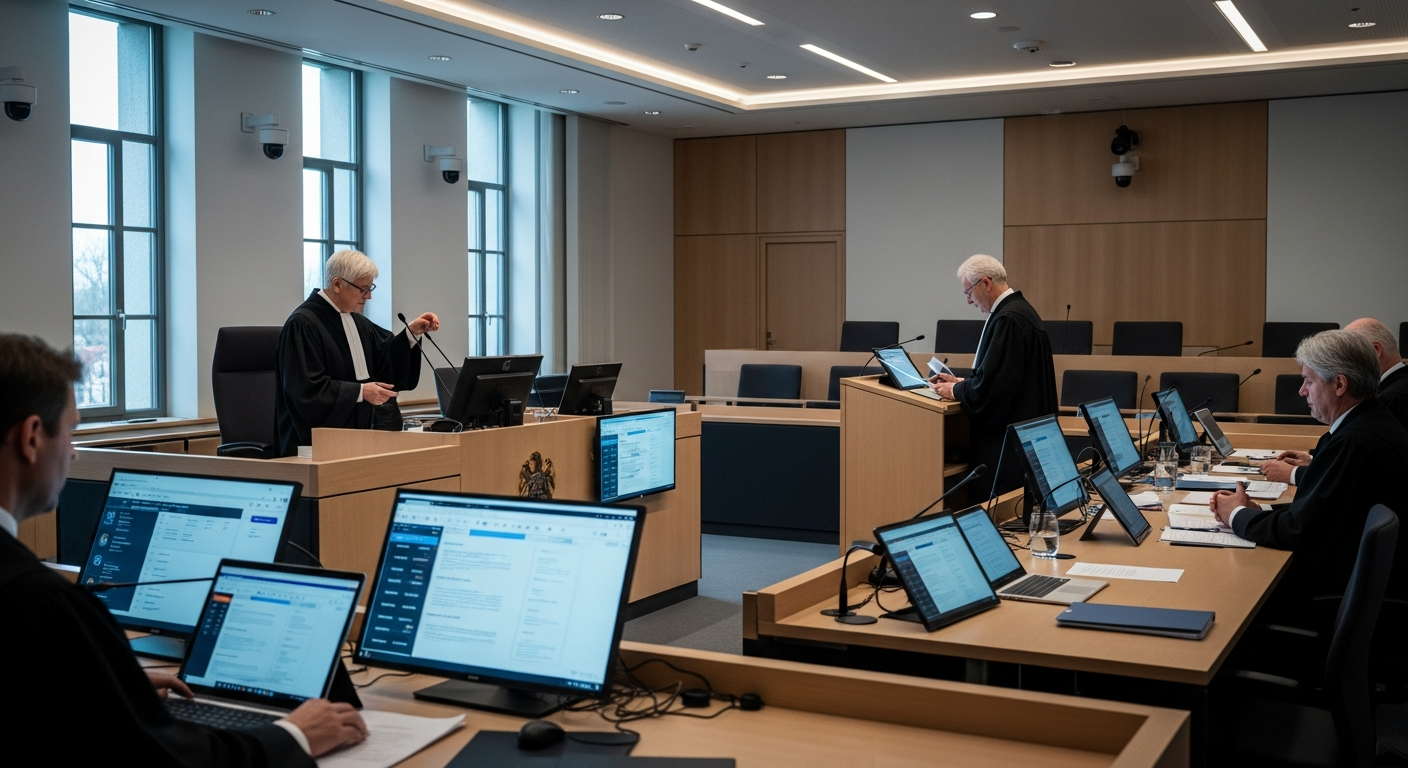The Financial Frontier: Exploring Space Economy Investments
In a world where innovation knows no bounds, the final frontier is becoming the next big investment opportunity. Space, once the realm of government agencies and science fiction, is rapidly transforming into a burgeoning economic sector. This shift is opening up a new galaxy of possibilities for investors, from satellite technology to space tourism. As we stand on the cusp of this cosmic revolution, understanding the space economy and its investment potential has never been more crucial for forward-thinking financial strategists.

SpaceX, Blue Origin, and Virgin Galactic have become household names, but they represent just the tip of the iceberg. A vast ecosystem of companies is emerging, focusing on everything from satellite manufacturing to space debris removal. This diversification is creating a robust and multifaceted industry ripe for investment.
Satellite Technology: The Backbone of Space Economy
Satellites have long been the workhorses of space technology, but recent innovations are revolutionizing their capabilities and applications. The advent of small satellites, or CubeSats, has dramatically reduced the cost of putting technology into orbit. These miniature marvels are being deployed for a wide range of purposes, from Earth observation to internet connectivity in remote areas.
Companies like Planet Labs are using satellite imagery to provide valuable data for agriculture, urban planning, and disaster response. Meanwhile, SpaceX’s Starlink project aims to create a global internet network using thousands of small satellites. These ventures highlight the growing importance of space-based infrastructure in our increasingly connected world.
Space Tourism: The New Frontier of Luxury Travel
While still in its infancy, space tourism is poised to become a significant sector within the space economy. Companies like Virgin Galactic and Blue Origin are developing spacecraft designed to take paying customers on suborbital flights, offering a few minutes of weightlessness and a view of Earth from space.
As technology advances and costs decrease, longer orbital stays and even lunar tourism could become reality. This nascent industry not only offers a new realm of experience for the ultra-wealthy but also drives innovation in spacecraft design and life support systems.
Mining the Stars: The Potential of Space Resources
One of the most intriguing aspects of the space economy is the potential for extraterrestrial resource extraction. Asteroids and other celestial bodies contain vast quantities of valuable materials, including rare earth elements crucial for modern technology.
While asteroid mining remains speculative, companies are already developing the technologies needed to make it a reality. The successful exploitation of space resources could revolutionize industries on Earth and provide the raw materials needed for large-scale space exploration and colonization.
The Regulatory Landscape of Space Investments
As the space economy grows, so does the need for a robust regulatory framework. The Outer Space Treaty, signed in 1967, provides the basic tenets of international space law, but many questions remain about property rights, resource extraction, and liability in space.
Investors need to be aware of the evolving legal landscape surrounding space activities. Countries are developing their own space laws, and international bodies are working to establish new guidelines for commercial space activities. Understanding these regulations is crucial for assessing the risks and opportunities in space-related investments.
Key Considerations for Space Economy Investors
-
Diversification: The space sector encompasses a wide range of technologies and applications. Consider spreading investments across different areas of the industry.
-
Long-term perspective: Many space ventures require significant upfront investment and may take years to become profitable. Patience is key.
-
Technological expertise: Partner with or seek advice from experts in aerospace engineering and space technology to better evaluate investment opportunities.
-
Regulatory awareness: Stay informed about evolving space laws and regulations, both domestically and internationally.
-
Risk assessment: Space ventures often involve cutting-edge technology and untested business models. Thoroughly evaluate the risks associated with each investment.
-
Indirect exposure: Consider investing in established companies that supply components or services to the space industry as a potentially less risky entry point.
As we venture into this new era of space exploration and commercialization, the financial opportunities are as vast as the cosmos itself. The space economy represents a unique convergence of cutting-edge technology, entrepreneurial spirit, and the timeless human drive to explore the unknown. For investors willing to navigate the complexities and risks, the rewards could be truly astronomical. As with any frontier, those who stake their claim early and wisely may find themselves at the forefront of humanity’s next great adventure.






